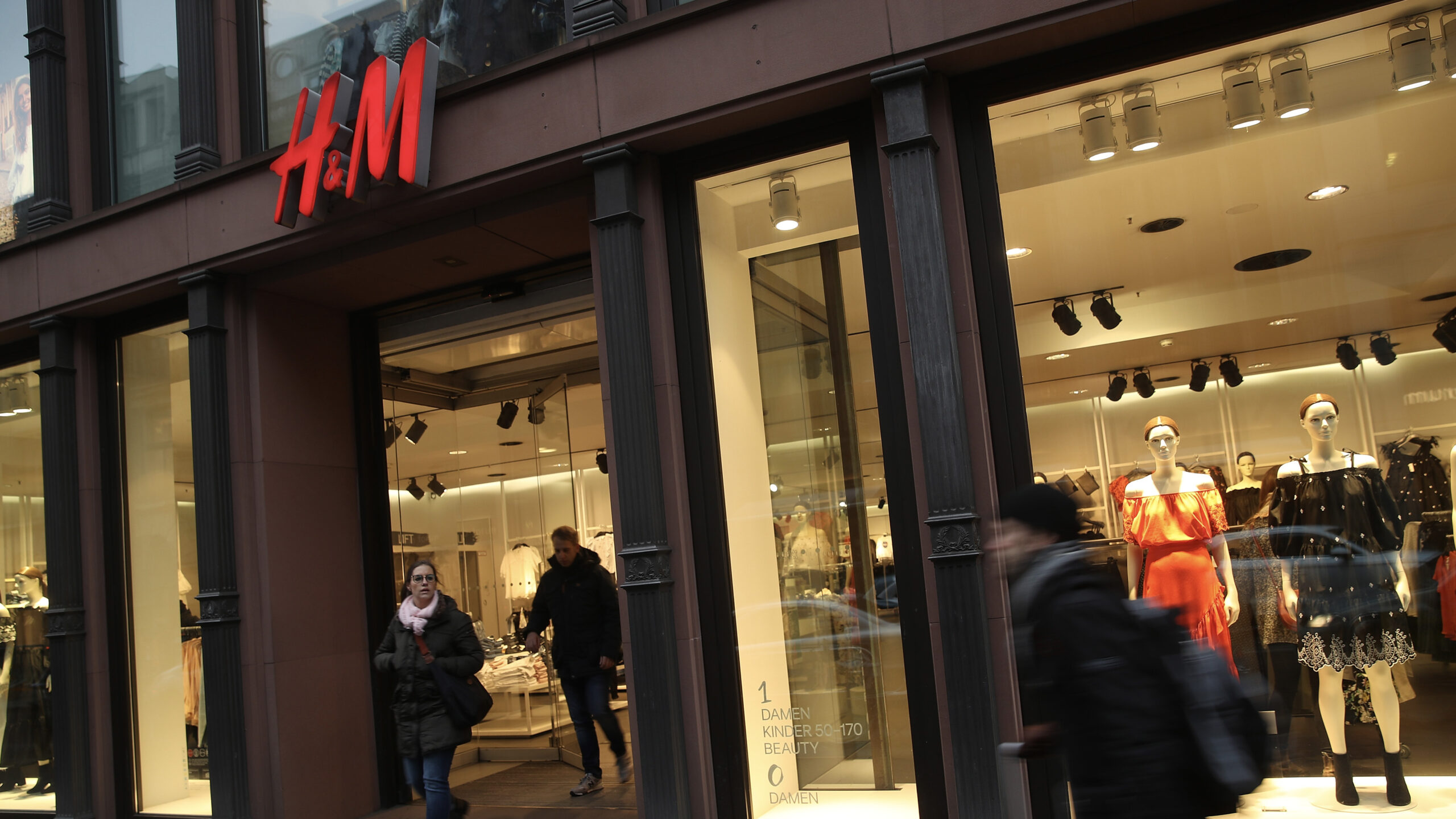

Cotton supplied to H&M and Zara was deemed sustainable by certification provider Better Cotton, despite being grown on illegally deforested land, according to UK non-profit Earthsight
Cotton being used to produce clothing for European fast-fashion retailers H&M and Zara was grown on illegally deforested land in the Brazilian Cerrado, a year-long investigation by UK non-profit Earthsight has found.
The cotton, which had been certified as “sustainable” by the world’s largest cotton certification scheme, Better Cotton, was linked to “land grabbing, illegal deforestation, violence, human rights violations and corruption in Brazil”, the investigation found.
Earthsight tracked the origin of 816,000 tonnes of cotton grown in the western portion of the Brazilian state of Bahia by two of the country’s largest producers, SLC Agrícola and Grupo Horita.
In 2023, deforestation in the Cerrado, a tropical savannah in Brazil, increased by 43 per cent compared with the previous year, Earthsight says.
The cotton was supplied to eight companies in Asia that produce finished goods for the European brands. Ten million items of finished clothing and homeware were made from the cotton for H&M and Zara stores in the UK — as well as for Zara’s sister brands such as Bershka and Pull&Bear.
Earthsight used satellite images, court rulings, shipment records and went undercover at global trade shows to complete the investigation.
H&M and Zara are the biggest users of Better Cotton-certified cotton globally and more than half of all Better Cotton-certified crops come from Brazil.
Better Cotton updated its certification rules in March 2024, but under the new rules cotton from land illegally deforested before 2020 can still be certified as sustainable, Earthsight says.
H&M described the investigation as “highly concerning” in a statement, adding that the company is supporting “a third-party investigation” into Better Cotton’s methodologies, which was initiated by the certification provider following Earthsight’s investigation. An Inditex spokesperson said that they take the allegations against Better Cotton “very seriously”.
Better Cotton said in a statement that, following the investigation, if there is evidence that SLC Agrícola and Grupo Horita do not comply with requirements of the Better Cotton standard, “their licences will be suspended or revoked”.
SLC Agrícola said in a statement that “all conversions of areas with native vegetation followed he limits established by law”. Grupo Horita did not respond to Sustainable View’s request for comment.
The report accuses Better Cotton of “greenwashing, secrecy and failing to protect human rights”, but adds that such schemes “appear to be useful scapegoats to deflect criticism from industries that trade on low-cost raw materials”.
The report calls for stronger deforestation regulation from governments, highlighting that cotton is absent from the UK’s regulation on the consumption of forest-risk commodities, the 2021 Environment Act, and the EU’s Deforestation Regulation.
The report is available to read here.
Similar Articles

UK companies backslide on progress towards Paris Agreement

A UK Labour government should lift £3.3bn cap on ‘local power plan’ and invest in community-owned energy


